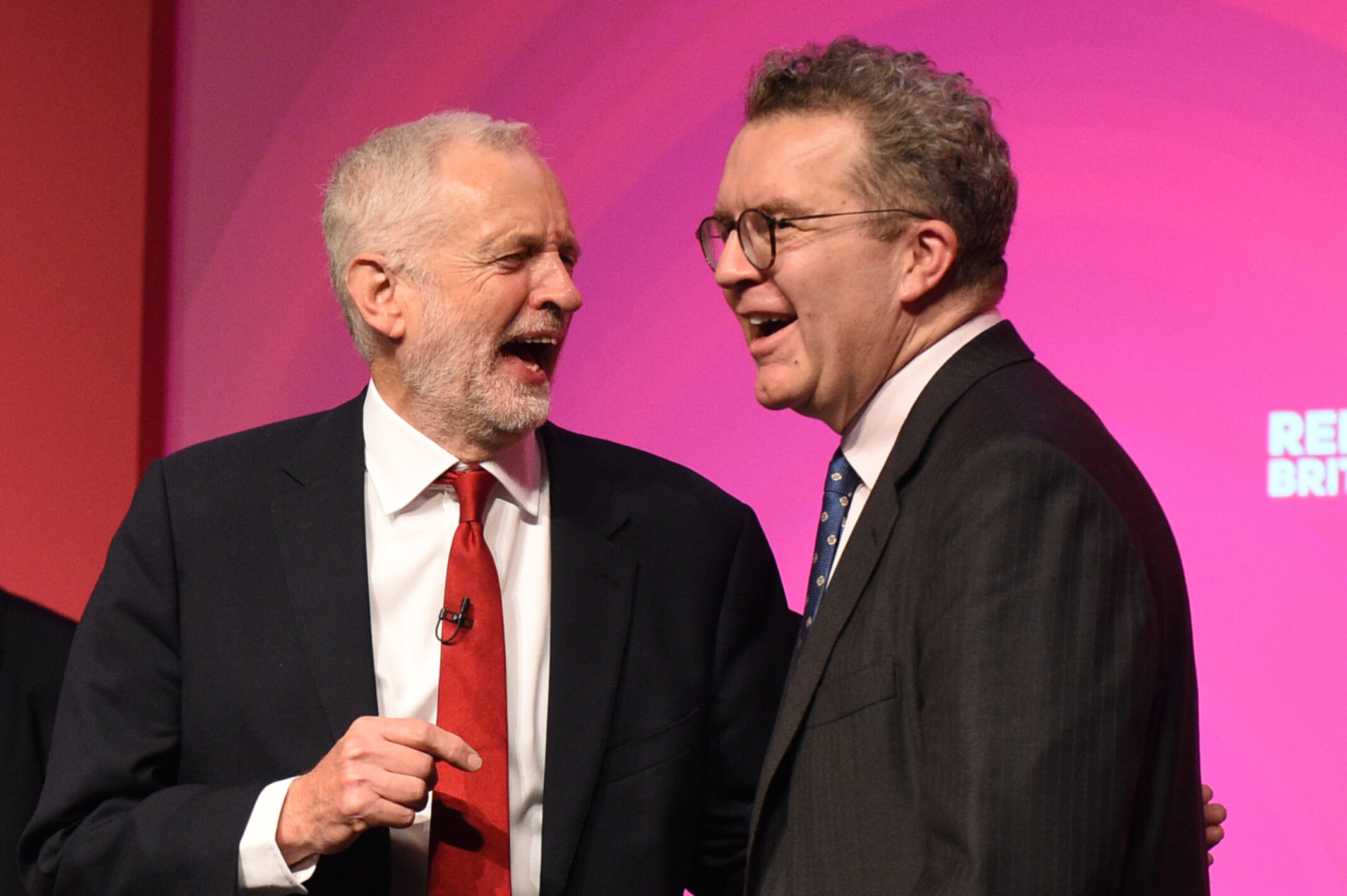
Labour’s manifesto for the European Parliament elections will include a commitment to a second EU referendum in the event that it cannot secure a compromise deal with the government or a general election, the party’s ruling national executive committee has agreed.
The reaffirmation of the Brexit policy agreed at the party’s conference last September follows days of tension between the leader’s office and pro-Europeans both within parliament and its MEP candidates’ list, many of whom – most notably Tom Watson – had demanded the party commit to a public vote any Brexit deal agreed by parliament ahead of the 23 May poll.
In the event, a six-hour meeting of the NEC – which had been billed in advance as a showdown, but had instead unfolded in what sources described as a “constructive” fashion – concluded with an agreement on the status quo. “The NEC agreed the manifesto which will be fully in line with Labour’s existing policy; to support Labour’s alternative plan, and if we can’t get the necessary changes to the government’s deal, or a General Election, to back the option of a public vote,” a Labour source said.
Superficially, the agreed position falls short of what advocates for a second referendum within and without the NEC had wanted at the outset this morning: a confirmatory ballot on any deal parliament has approved. It also looks like a retrograde step when compared to the proposition the party whipped its MPs to back in last month’s indicative votes, which similarly called for a vote on any solution with parliamentary approval. Corbyn, on paper at least, has not moved at all. So why do pro-European MPs seem intensely relaxed with the result?
The answer is a combination of relief and realism. Senior members of the shadow cabinet, most notably John McDonnell and Rebecca Long-Bailey, had hinted over the weekend that the leadership would agree to a package in its talks with ministers that did not include a second referendum. That the leadership has acknowledged the political need to run on a platform that includes a second referendum – of which no mention was made in a draft of the party’s freepost leaflet, released to much consternation last week –- has been taken as a sign that the conference policy liberally interpreted as a proactive commitment to a new vote will not be jettisoned.
That moral victory aside, there is also a recognition that the smallprint of the European manifesto is more or less irrelevant to the outcome of the party’s talks with the government. The internal dynamics of the PLP are such that the leadership cannot secure the backing of as close to the entirety of its MPs as possible for a deal with the government – which, as far as Keir Starmer is concerned, is the point of the exercise – without a commitment to a referendum on whatever is agreed. That fact has not changed. Pro-Europeans still believe that neither alternative to a referendum – a deal or an election – is still in play; and, crucially, that they are in control. Those opposed to a second referendum have come to the opposite conclusion. In short, the NEC has agreed to keep disagreeing.






